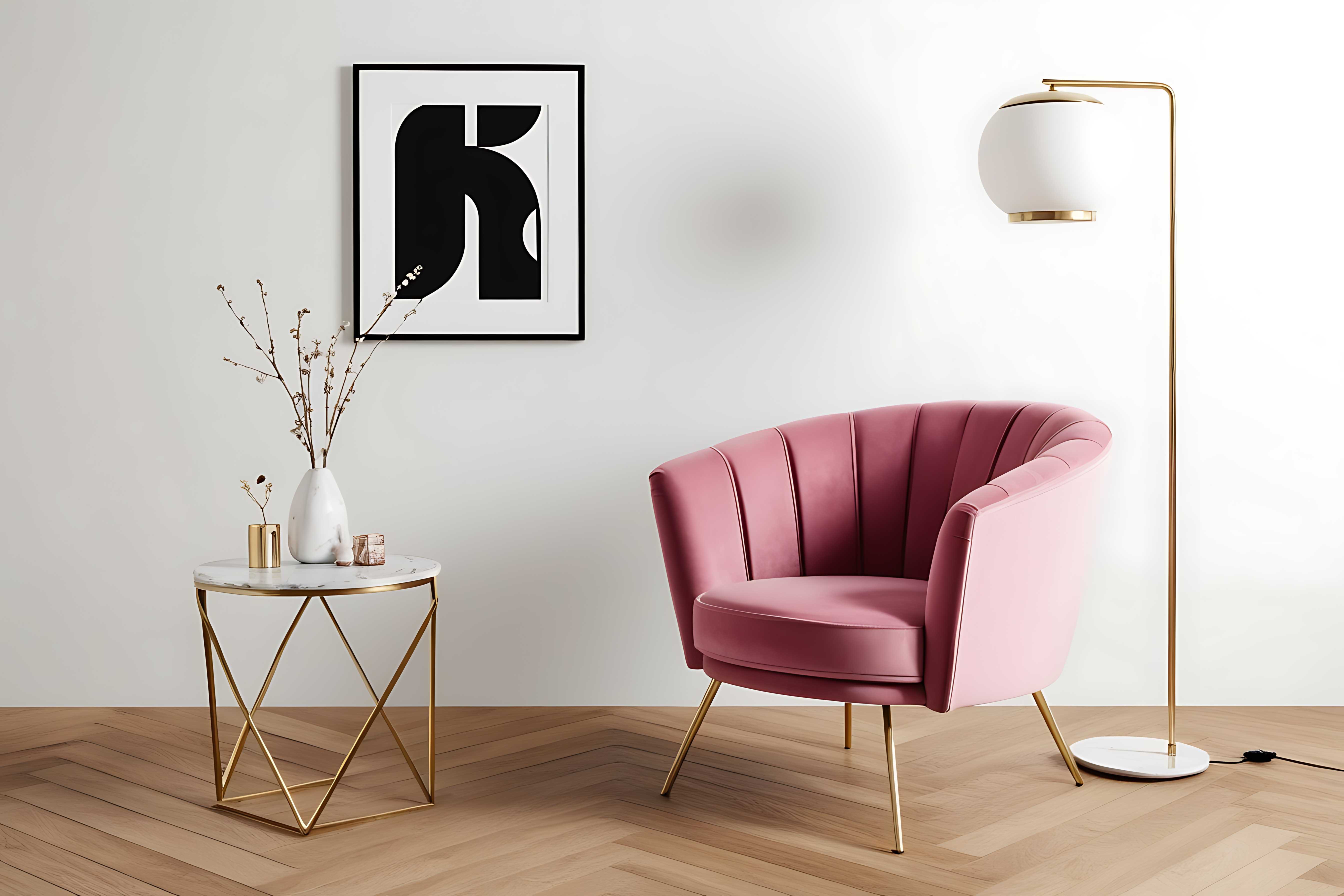

As modern living spaces continue to evolve, the demand for innovative furniture that combines style, functionality, and technology has never been greater. Designers and manufacturers have unveiled a new wave of furniture solutions that aim to transform how we interact with our living environments. From smart tables to modular seating, these products not only cater to the aesthetic desires of consumers but also to their practical needs in an ever-changing world.
At the forefront of this innovation wave is smart furniture. This category includes pieces that are embedded with technology to enhance user experience. For instance, coffee tables now come with built-in screens and charging ports, while sofas are equipped with speakers and Bluetooth capabilities. These multifunctional pieces not only save space but also reduce the clutter of wires and devices, maintaining the sleek look of a modern home.
Modularity is another key aspect of the newest furniture designs. Modular units allow owners to rearrange components to suit their space and needs, providing unmatched flexibility and versatility. This is particularly appealing to urban dwellers living in smaller apartments, as they can easily change the configuration of their furniture to host guests, create a workspace, or simply refresh their living area without additional purchases.
With sustainability at the core of many new furniture designs, manufacturers are embracing environmentally friendly materials. Recycled plastics, reclaimed wood, and biodegradable fabrics are now common in the production of these innovative pieces. Consumers can enjoy these eco-conscious options, knowing they are making a responsible choice for the planet while not compromising on design or durability.
The home office trend has given rise to furniture that prioritizes ergonomics, aiming to boost productivity while ensuring comfort. Height-adjustable desks, ergonomic chairs with advanced lumbar support, and convertible standing desk solutions are just a few examples of how furniture is adapting to the home office movement. These pieces help prevent the physical strain associated with prolonged sitting and computer use, promoting better health and performance.
As urban living often comes with space constraints, furniture that doubles as storage is increasingly in demand. Beds with built-in drawers, hollow ottomans, and hidden compartments in coffee tables offer extra storage without sacrificing style. These ingenious designs contribute significantly to decluttering efforts, providing a home for every item, and maintaining a clean, organized aesthetic.
The unveiling of these innovative furniture solutions marks a significant shift in the way we think about our living spaces. By focusing on technology integration, modularity, sustainability, ergonomics, and space-saving designs, the furniture industry is responding to the contemporary challenges of home decor. As these trends continue to gain momentum, it becomes clear that the future of furniture is not just about aesthetics but also about creating intelligent, adaptable, and eco-conscious environments for consumers worldwide.